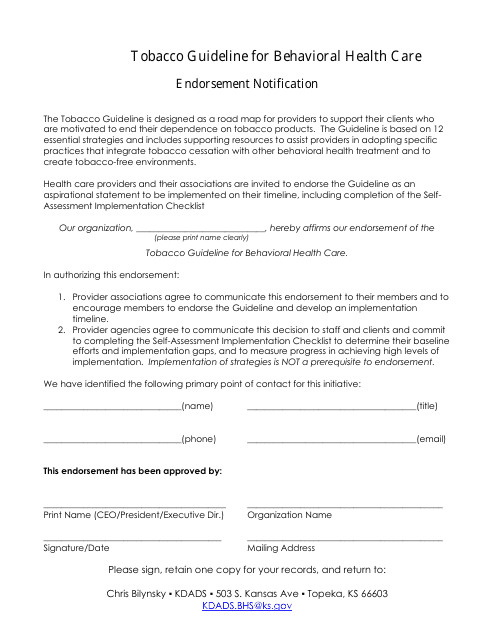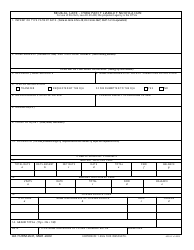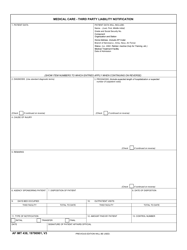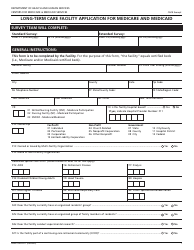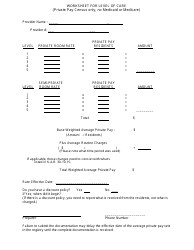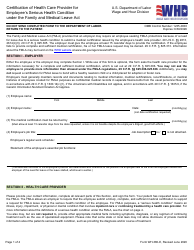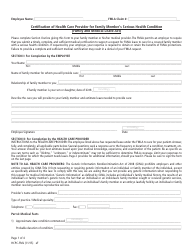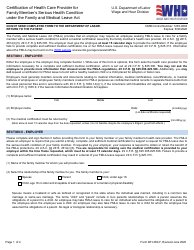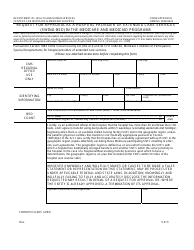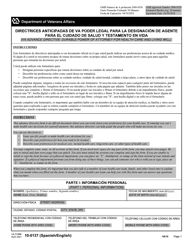Tobacco Guideline for Behavioral Health Care Endorsement Notification - Kansas
Tobacco Guideline for Behavioral Health Care Endorsement Notification is a legal document that was released by the Kansas Department for Aging and Disability Services - a government authority operating within Kansas.
FAQ
Q: What is the Tobacco Guideline for Behavioral Health Care Endorsement Notification?
A: The Tobacco Guideline for Behavioral Health Care Endorsement Notification is a document that provides guidelines for behavioral health care organizations in Kansas regarding tobacco use and cessation services.
Q: Why is this guideline important?
A: This guideline is important because individuals with behavioral health conditions have higher rates of tobacco use and tobacco-related health problems. It provides recommendations on how to address tobacco use and offer cessation support within behavioral health care settings.
Q: Who is this guideline applicable to?
A: This guideline is applicable to behavioral health care organizations in Kansas, including addiction treatment centers, mental health clinics, and residential facilities.
Q: What are the key recommendations of this guideline?
A: The key recommendations of this guideline include implementing tobacco-free policies, assessing tobacco use in clients, offering evidence-based tobacco cessation interventions, and integrating tobacco cessation into the overall treatment plan.
Q: How can behavioral health care organizations implement tobacco-free policies?
A: Behavioral health care organizations can implement tobacco-free policies by prohibiting the use of tobacco products on their premises, providing education and support for staff and clients, and offering nicotine replacement therapy or other cessation aids.
Q: What are evidence-based tobacco cessation interventions?
A: Evidence-based tobacco cessation interventions are approaches that have been proven to be effective in helping individuals quit tobacco use. These may include behavioral counseling, medication, or a combination of both.
Q: What is the role of staff in addressing tobacco use?
A: Staff in behavioral health care organizations play a crucial role in addressing tobacco use by being knowledgeable about the risks and benefits of quitting, providing support and encouragement, and connecting clients with appropriate cessation resources.
Q: Is there any financial assistance available for tobacco cessation?
A: Yes, there are various resources that provide financial assistance for tobacco cessation, such as Medicaid coverage, private insurance plans, and state-funded programs like the Kansas Tobacco Quitline.
Q: How can behavioral health care organizations evaluate the effectiveness of their tobacco cessation efforts?
A: Behavioral health care organizations can evaluate the effectiveness of their tobacco cessation efforts by tracking tobacco use rates among clients, surveying satisfaction with cessation services, and monitoring quit rates and long-term abstinence.
Form Details:
- The latest edition currently provided by the Kansas Department for Aging and Disability Services;
- Ready to use and print;
- Easy to customize;
- Compatible with most PDF-viewing applications;
- Fill out the form in our online filing application.
Download a printable version of the form by clicking the link below or browse more documents and templates provided by the Kansas Department for Aging and Disability Services.
